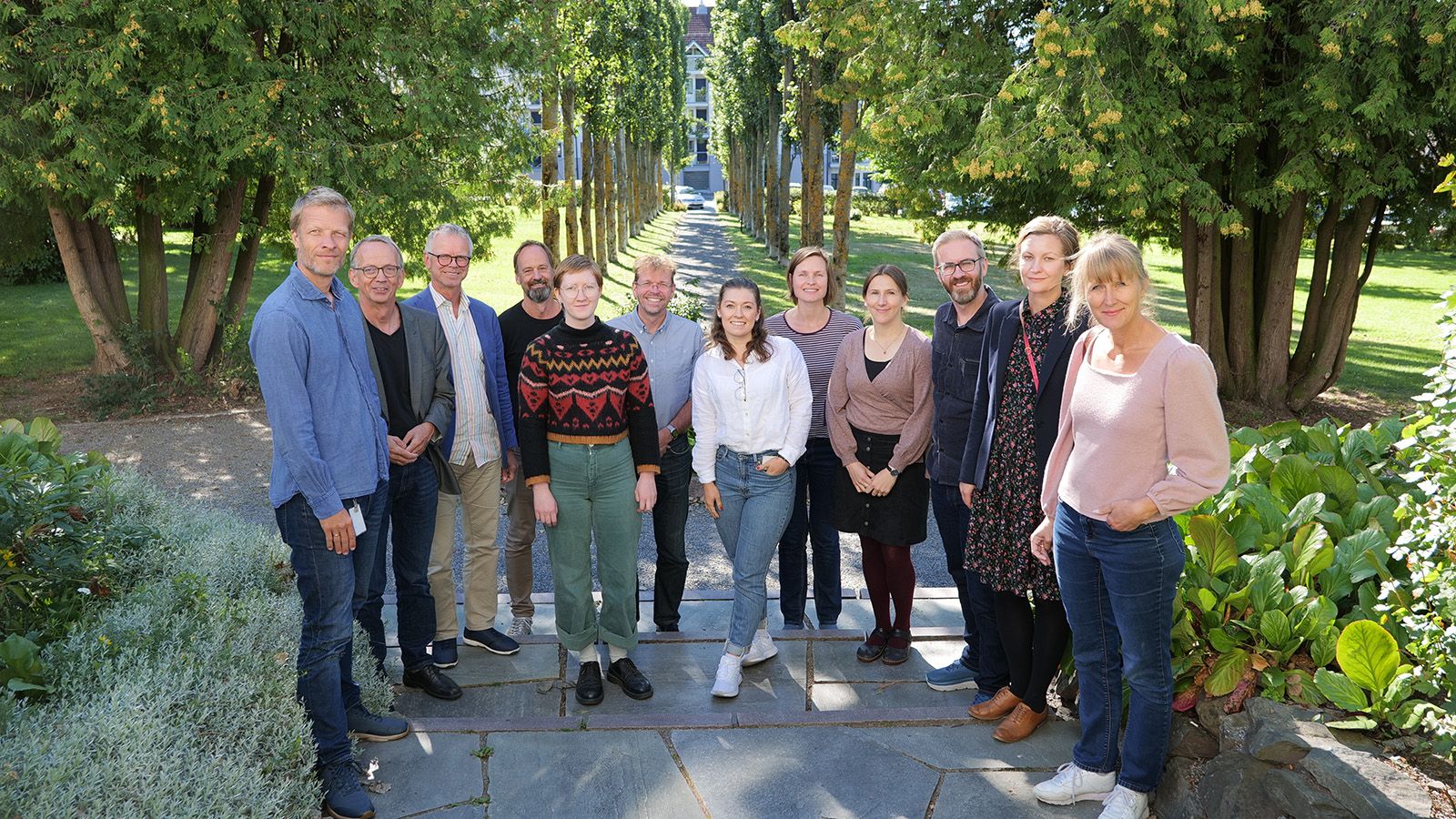The the two most numerous religious minorities in Norway are Muslim communities and the Roman Catholic Church. Both have a large proportion of members with immigrant backgrounds. What are the characteristics of faith education within these religious communities? How do the children and youth themselves relate to and negotiate the relationship between this education and the subject KRLE (Knowledge of Christianity, Religion, Philosophies of life and Ethics) taught in public schools? How do public schools meet students from religious minorities? And how do students in public schools consider religious and life-stance plurality?
These are the main questions the FAITHED project will address. The field is complex and poorly researched. An important aspect of the study concerns geographical differences. Much of the research on minorities in Norway has had an urban focus. Being Catholic or Muslim in a rural area may be a rather different experience. The project will collect data from both Eastern and Western Norway, and from urban as well as rural areas.
The project is funded by the Research Council of Norway. The project period spans four years, 2021–2025. Four institutions are project partners: Inland Norway University of Applied Sciences (INN), Volda University College (VUC), KIFO Institute for Church, Religion, and Worldview Research, and PRIO Peace Research Institute Oslo. The interdisciplinary research team includes scholars from religious studies, education studies and social studies, among them two PhD candidates. An international advisory board consisting of experts from Sweden, Denmark, Germany and the United Kingdom is also attached to the project.
Funding and partners
- Funding: Research Council of Norway (FINNUT)
- Project partners: Volda University College (VUC), KIFO Institute for Church, Religion, and Worldview Research, and PRIO Peace Research Institute Oslo
Project news
Project results (CRISTIN)



